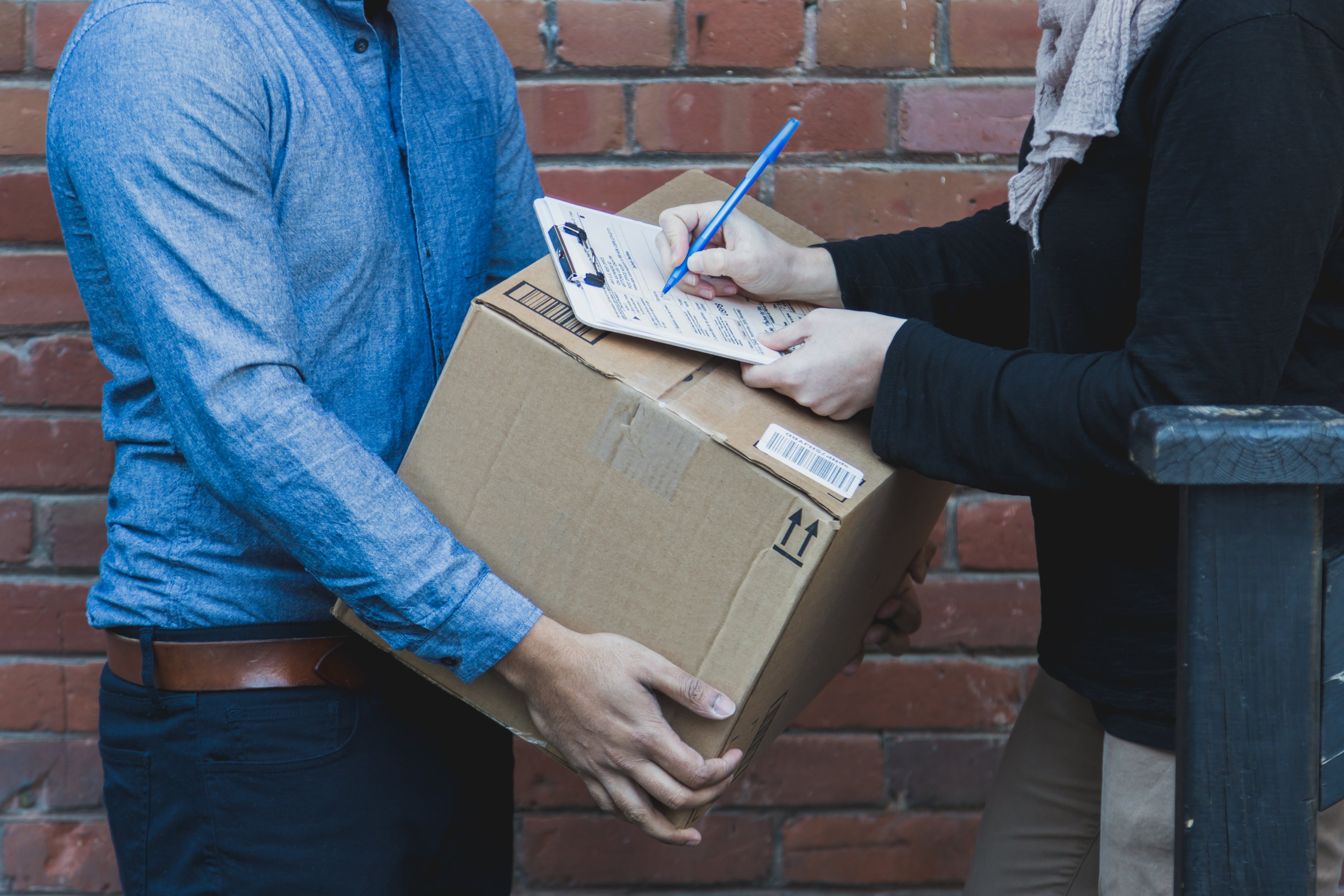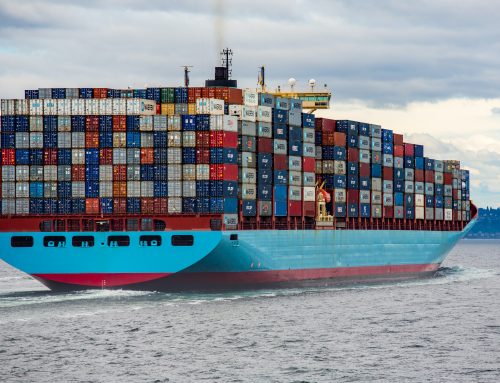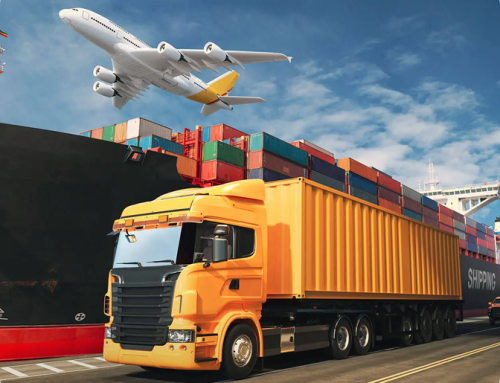When importing, trying to work around expensive duty fees isn’t always easy. If what you’re importing is valued under $800 USD or less, however, you may not have to pay duty — or even declare a formal entry — on your goods! While this is a great deal for anyone importing goods covered by Section 321, the process can cost you time without the services of a customs broker.
Qualifying for Section 321
Prior to 2016, Section 321 only applied to imports under $200 USD. With the limit now increased to $800 USD, the section has more value for businesses importing small, singular shipments — something that can save your business time and money.
Not all shipments can qualify for Section 321, even if they are valued under $800 USD. The following goods are not covered:
- Goods subject to anti-dumping duty
- Goods that require customs inspections
- Goods under $800 USD that are part of several lots under one order or contract
- Alcoholic beverages or perfumes containing alcohol
- Cigars and cigarettes
- Goods regulated by the FDA, FSIS, NHTSA, CPSA, or USDA
An exemption has been established for some FDA-regulated products, such as cosmetics, dinnerware, food, and biological samples.
If your goods do not fall under any of these categories, they likely qualify for Section 321 release.
Making a Declaration
If you’ve determined your goods are covered, you can move forward with making the proper declarations. Each method of shipping has its own requirements, and you may want to contact a customs broker to assess your documentation for you to save time and effort.
If you’re bringing in your qualifying shipments via truck, you may not need to file an eManifest. In order to be exempted from filing an eManifest, the truck must only have Section 321 shipments aboard. If the shipments are a mix of eligible and non-eligible goods, the eManifest must include the Section 321 shipments as intangible goods.
When importing via ocean shipping, you need a little more information than shipping via truck. ISF (10+2) is still required, and you need to have your documentation (including your arrival notice and invoice) in person and stamped to present to be sure your cargo is released.
Air shipping of qualifying goods is smoothest when you inform your airline beforehand that your cargo should be manifested as Section 321 intangible goods. If you don’t inform your airline, you need to deal with US customs when your cargo arrives at the airport. Presenting your airway bill and invoice should allow for release of your qualified goods.
Contacting a Customs Broker
Even if your goods unambiguously fall under the Section 321 header, a customs agent may reject your declaration at their discretion. This often happens because your goods have been assessed as carrying some form of risk, but can also happen because of incomplete or incorrect paperwork or poor communication. This can cost you valuable time as well as duty.
The number one way to ensure your Section 321 qualifying goods have the best chance possible to be released without duty is to contact a customs broker. As experts in their field, customs brokers can handle Section 321 declaration for you, giving you peace of mind on your shipments.



